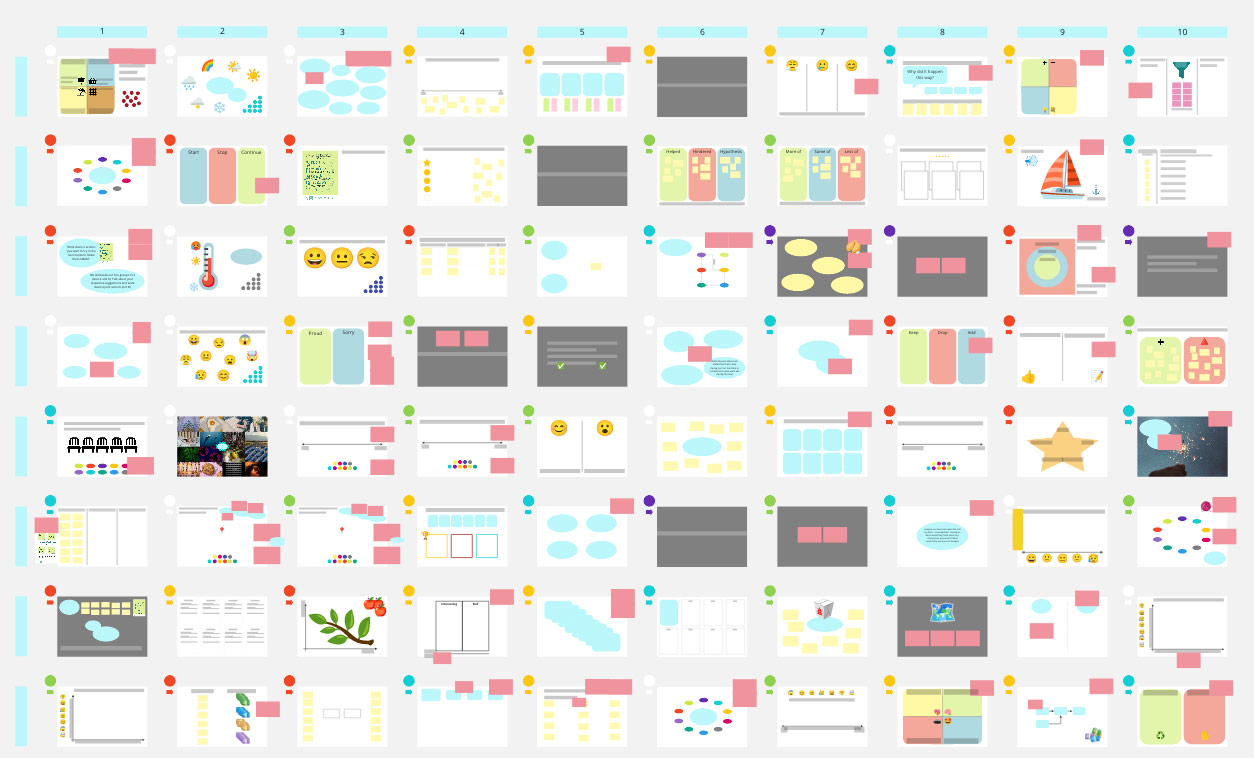Elevenie
(#144)
An Elevenie (German 'Elfchen') is a poem with 11 words on five lines – 1, 2, 3, 4 and 1 word per line respectively. Only do this with a team in which people enjoy working with each other. It's a wonderful activity to do with a team that is disbanding at the end of a project as a way to commerate the good times.
Hand out pens and paper and read out the instructions:
'We are going to each write a poem with 5 lines. Each line has a specific number of words. Don't worry, I'll guide you through each line, one by one.
Write down 1 word that comes to mind when you think about our team (a feeling, a color, ...).
On the next line, describe this feeling with 2 words.
On the next line, add details with 3 words – What is it like? How does it smell or sound? What would you like to add?
On line 4, write down a sentence with 4 words, starting with 'I'. What do you associate with your feeling.
Take a moment to read your poem thus far. What 1 word comes to mind? This is the final word of your poem on line 5.'
Now you can go around and everybody who wants to, can read out their poem. Bring tissues, it can be quite moving.



